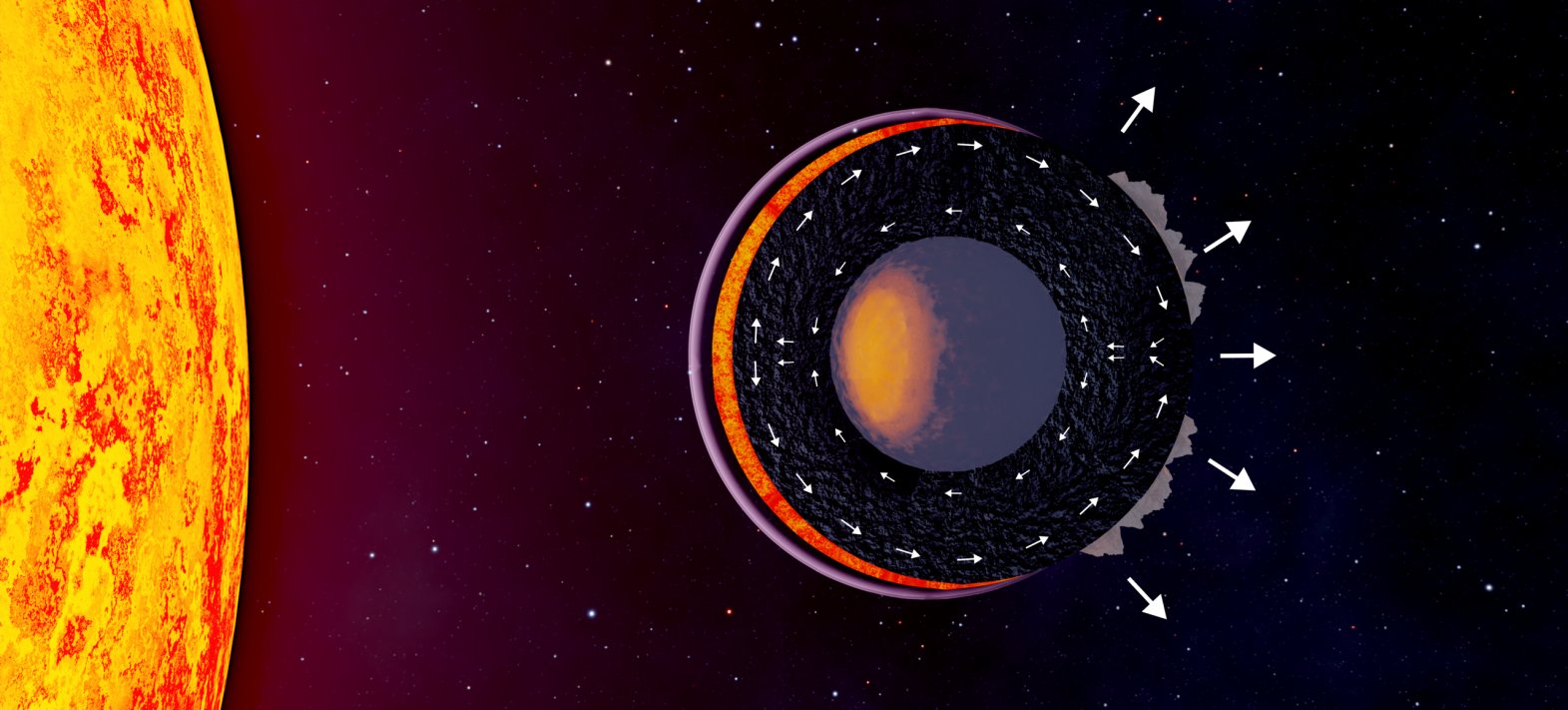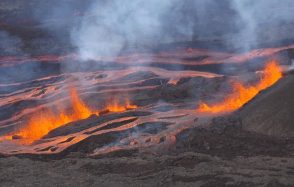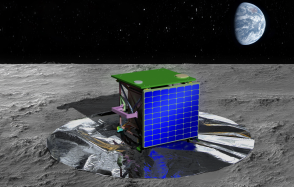Melting planets reveal the internal history of rocky worlds
An international research team, led by scientists from the Institut de Physique du Globe de Paris (IPGP) in collaboration with researchers from Canada and the United Kingdom, reveals in a study published on 29 July 2025 in Nature Astronomy that so-called ‘lava planets’, exoplanets that are extremely close to their star, provide valuable clues about the internal dynamics and chemical evolution of rocky worlds.

Artistic illustration of the internal structure of a lava planet in a cold state, showing a day‑side magma ocean overlain by a mineral atmosphere. © Romain Jean-Jacques
Publication date: 31/07/2025
Research
Related teams :
Cosmochemistry, Astrophysics and Experimental Geophysics (CAGE)








